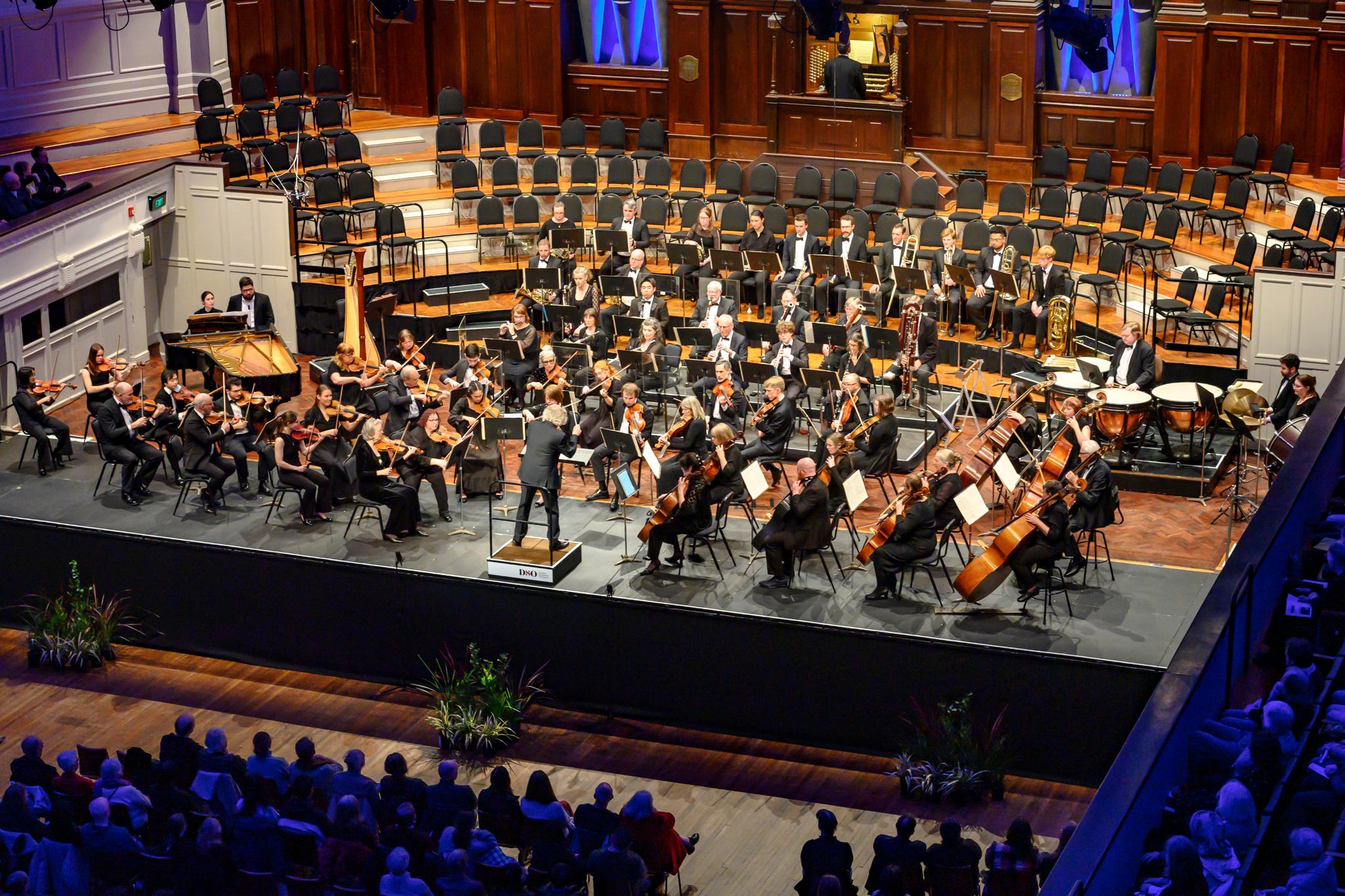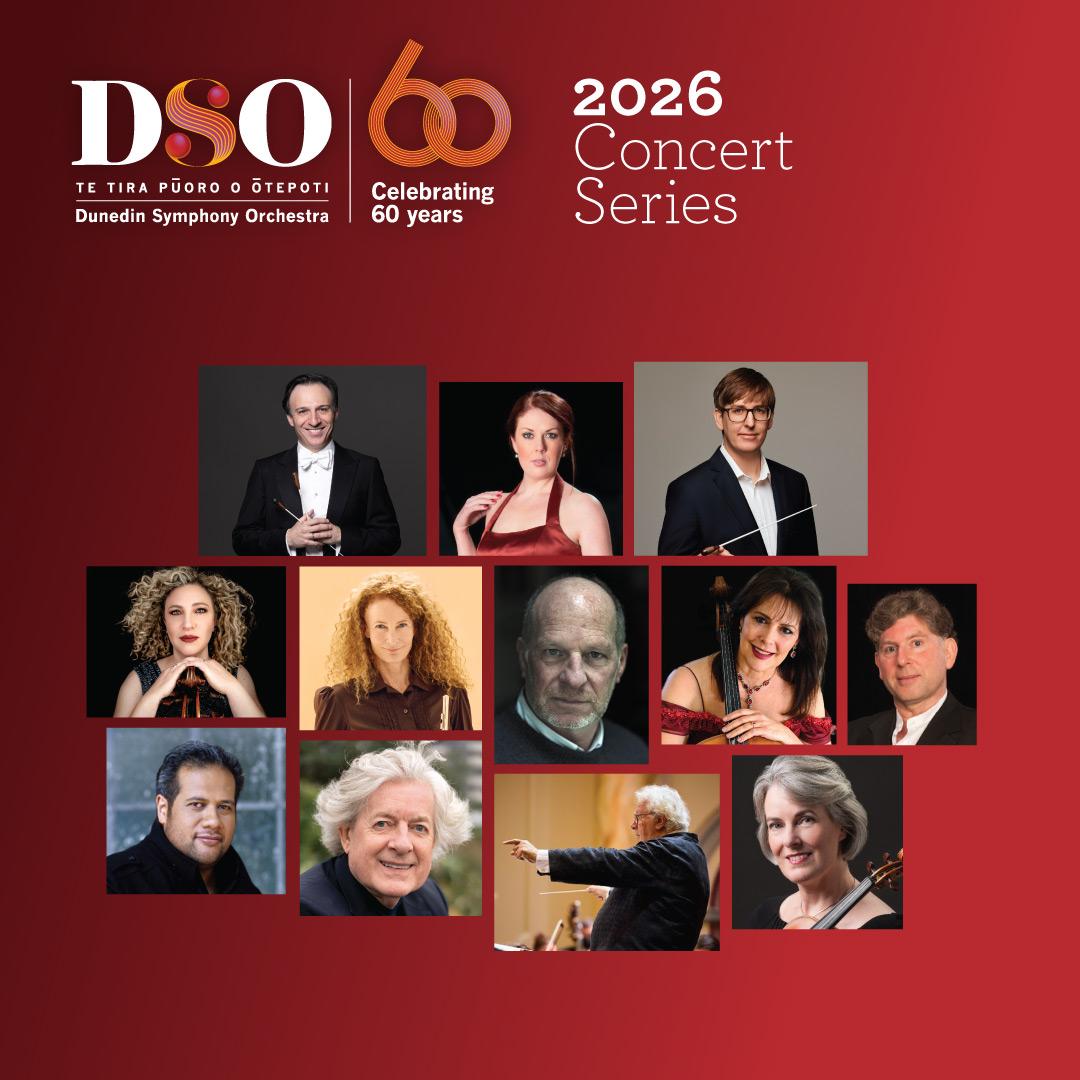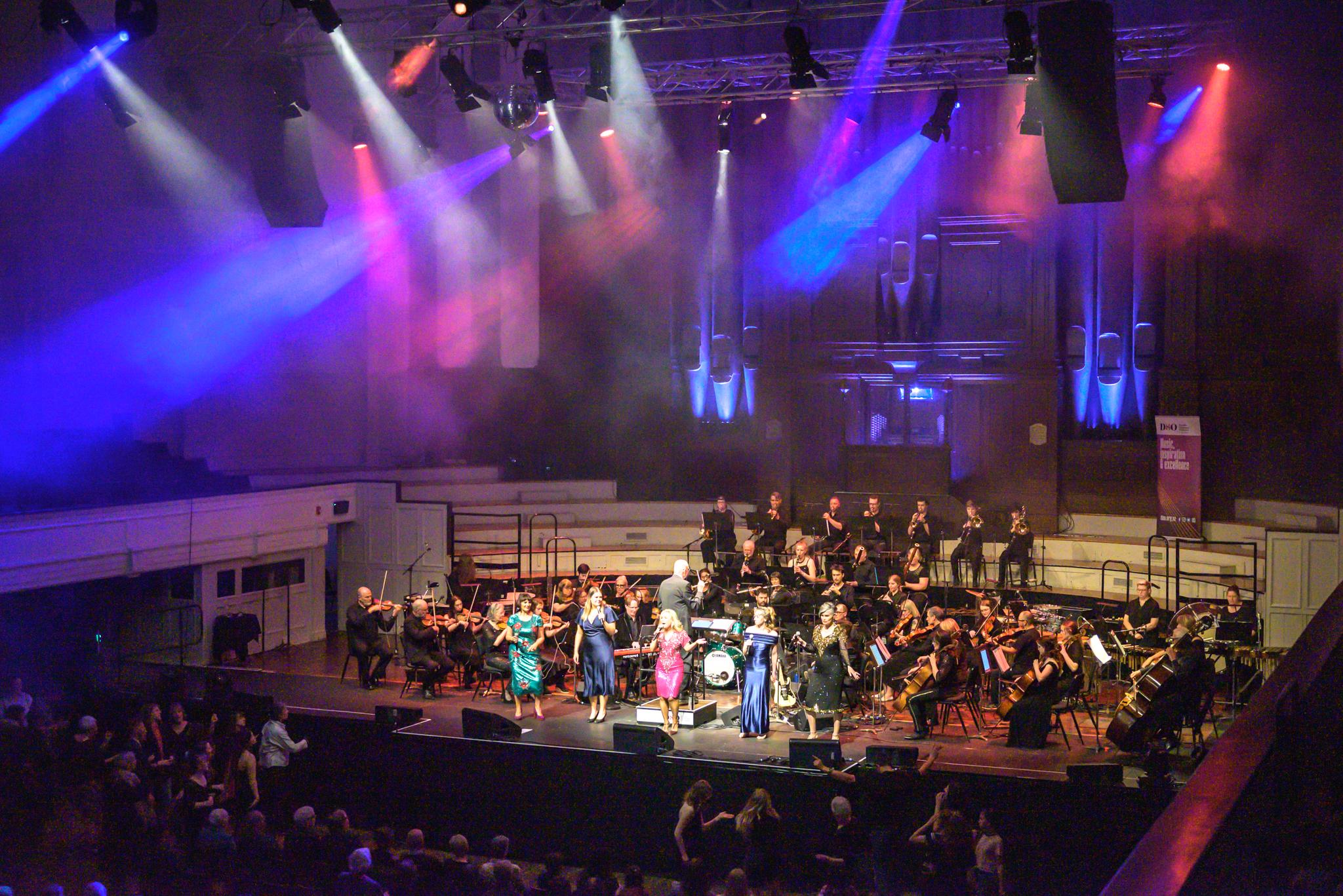News - 07 Aug 2025
Introducing Brent Stewart, conductor for 'Amalia plays Piazzolla'
Introducing the conductor for the Forsyth Barr concert, 'Amalia plays Piazzolla'
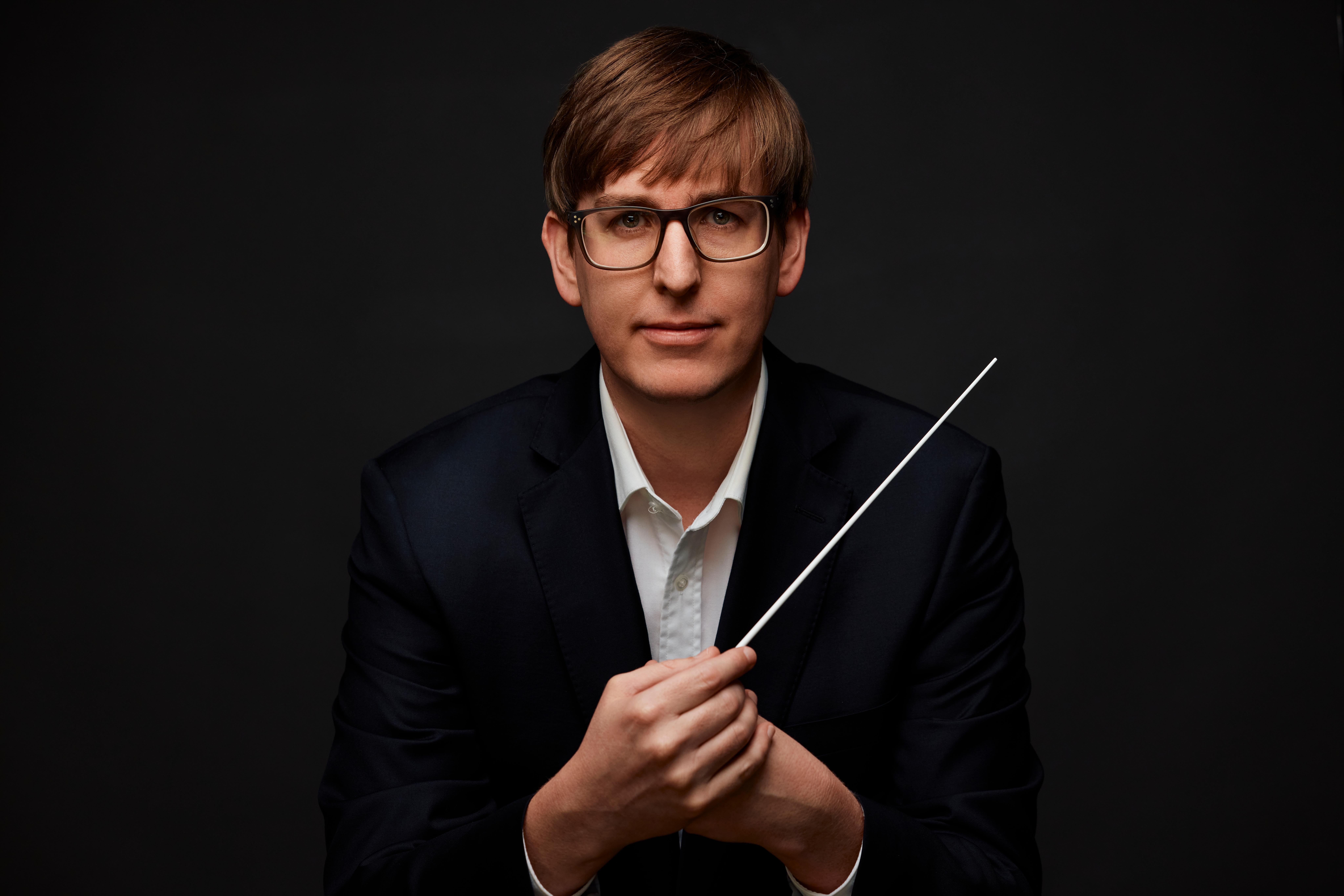
How would you describe Nathaniel Otley’s new work to our audience?
What I find really special about Nathaniel Otley’s new piece is how deeply connected it is to South Dunedin and its community. It is not just inspired by the place, it comes from it, shaped by conversations, field recordings, and even physical objects gathered from the area. Nathaniel has poured a lot of care and thought into capturing the spirit of a community that has faced real challenges, especially since the 2015 floods. You will hear sounds of rain, the ocean, local voices and poetry woven through the music, giving the piece a strong sense of time and place. As a conductor, it is moving to work on something so personal and layered. I am really curious to see how audiences respond to it. It is not a traditional concert piece, but I think people will find it incredibly engaging and deeply human.
Why do you think it’s important for orchestras to commission and perform new music?
I think it’s really important that orchestras keep playing new music because it keeps things alive and relevant. If we only ever play the old stuff, we risk turning the orchestra into a museum. New music brings in fresh ideas and different ways of thinking. It reflects the world we’re living in now, not just the past. Some pieces will challenge us, some will really move us, and some might surprise us. But that’s the point. It keeps the players on their toes and gives audiences a chance to hear something they’ve never heard before. Every great piece from the past was new once. We need to keep making space for the next ones.
Piazzolla’s 'Four Seasons' is a unique work - what do you love about it?
Piazzolla’s Four Seasons is such a joy to perform. It’s fiery, unpredictable, and full of character. What I love most is how it plays with the idea of Vivaldi's Four Seasons in a completely different way. There’s grit and elegance, tension and release, and the music shifts moods in an instant. You can feel the pulse of tango running through it, but it also has moments of real stillness and beauty. The solo violin carries so much of the drama, leading the whole piece with flair and intensity. It is bold, theatrical, and totally alive.
How does working with soloist Amalia Hall enhance this programme?
I have the privilege of working with Amalia regularly through her role as Concertmaster of Orchestra Wellington, and I’m so excited to be joining forces with her for this performance. She’s one of those rare musicians who brings total command of the instrument alongside real freedom and personality. Piazzolla’s Four Seasons is full of drama, swagger, and unexpected twists, and Amalia has exactly the kind of musical instinct and courage that this piece thrives on. Every time I see her name on a programme, I know the performance is going to be something vivid and alive. She’s an incredibly inspiring player, and I can’t wait to see where she takes the music.
What should audiences listen for in Mozart’s Symphony No. 39?
Mozart’s Symphony No. 39 is a masterpiece that absolutely blows me away every time I return to it. It is the first of his final three symphonies, written in an intense burst of creativity over just a few weeks, and honestly, they are three of the greatest symphonies ever composed by anyone. What stuns me is that there was no commission, no premiere, no guaranteed performance. He just had to write them. And what came out is pure magic. No. 39 opens with this dramatic, weighty introduction, full of gravitas and mystery, before suddenly launching into music that feels like it is dancing on air. The whole symphony moves between elegance, mischief, sorrow, and joy with such fluidity you barely notice the gear changes. The slow movement is incredibly tender and spacious, full of small details that reveal more every time you hear it. The minuet has the swagger of a folk dance, and the trio, with clarinet and flute, feels like the orchestra suddenly leans in to whisper something beautiful and secret. And the finale? It fizzes with energy. One little musical idea spun out with such wit and brilliance that I find myself grinning every time. He also uses clarinets instead of oboes, which gives the whole work a warm, rich glow that feels ahead of its time.
What do you hope the audience will take away from this concert?
What I hope more than anything is that this concert makes people fall in love with the orchestra all over again. This programme shows just how much an orchestra can do. It can reflect the world around us with depth and honesty, it can grab you by the collar with rhythm and drive, and it can lift you into something timeless and transcendent. I want people to leave the hall feeling energised, and reminded of how wonderful live music can be.
Share article:
Other News & Reviews
Stay Tuned.
Keep current about all things DSO.

2026 Dunedin Symphony Orchestra
(Registered as Dunedin Civic Orchestra Incorporated. Registered Charity CC34031.
Address
PO Box 5571
Dunedin 9054
New Zealand
Hanover Hall
65 Hanover Street
Dunedin 9016
New Zealand
